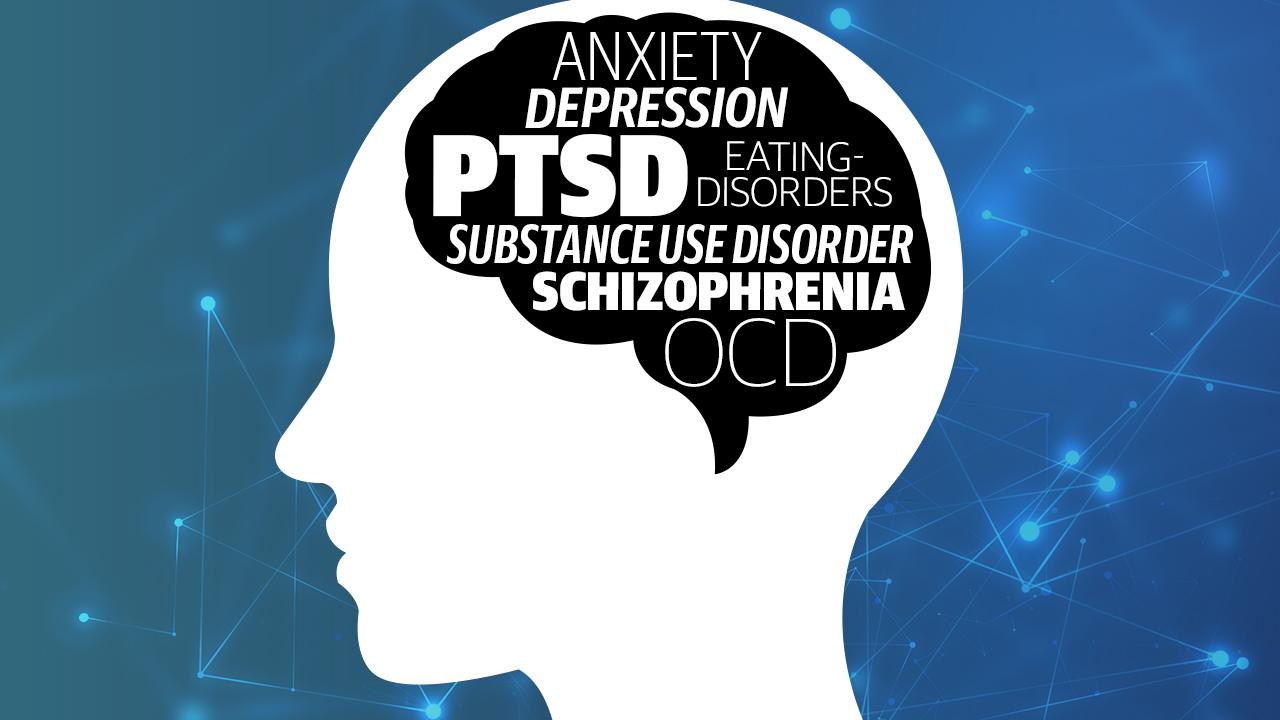In a fast-paced world that often prioritizes physical health over mental well-being, it’s crucial to recognize the importance of nurturing our inner selves. Our mental health, just like our physical health, plays a vital role in our overall well-being. It affects how we think, feel, and act on a daily basis. Taking care of our mental health is not only essential for our personal happiness and fulfillment but also for building a resilient and thriving society.
Understanding Mental Health

Before diving into the significance of mental health, let’s first understand what it truly means. Mental health refers to our emotional, psychological, and social well-being. It encompasses how we handle stress, relate to others, and make choices in our lives. Just like physical health, mental health exists on a spectrum, and it can fluctuate throughout our lives. Nurturing our mental health is an ongoing process that requires attention and care.
Common Mental Health Issues
Anxiety, depression, and stress are some of the most prevalent mental health issues that people face today. These conditions can affect anyone, regardless of age, gender, or background. Anxiety is characterized by excessive worry and fear, often leading to physical symptoms such as restlessness and difficulty concentrating. Depression, on the other hand, is a persistent feeling of sadness and loss of interest in activities that were once enjoyable. Stress, which is a normal part of life, can become overwhelming when it persists for extended periods, affecting our mental and physical well-being.
Therapy Options
Fortunately, there are various therapy options available to support individuals struggling with mental health issues. Psychotherapy, also known as talk therapy, involves working with a trained therapist to explore and address the underlying causes of emotional distress. Cognitive Behavioral Therapy (CBT) is a specific type of psychotherapy that focuses on challenging and changing negative thought patterns and behaviors. In some cases, medication may be prescribed to help manage symptoms and provide relief.
Self-Care Tips for Mental Health
In addition to therapy, practicing self-care is crucial for maintaining good mental health. Here are some self-care tips that can make a significant difference in nurturing your inner well-being:
- Exercise and Physical Activity: Engaging in regular physical activity has been proven to boost mood, reduce anxiety, and improve overall mental well-being.
- Healthy Eating Habits: A balanced diet, rich in nutrients, can have a positive impact on both physical and mental well-being. Nourishing your body with wholesome foods can help stabilize your mood and energy levels.
- Mindfulness and Meditation: Taking time to be present in the moment and practice mindfulness can help reduce stress and promote a sense of calm. Meditation techniques, such as deep breathing and guided imagery, can also be beneficial.
- Social Connections: Building and maintaining meaningful relationships is essential for our mental health. Connecting with others, whether it’s through family, friends, or support groups, provides a sense of belonging and support.
- Setting Boundaries: Learning to say no and establishing boundaries is crucial for protecting your mental well-being. Prioritizing your needs and managing your time effectively can prevent burnout and promote a healthier lifestyle.
Expert Opinions on Mental Health
To further emphasize the importance of mental health, let’s consider the insights and recommendations from experts in the field:
- The World Health Organization recognizes mental well-being as a fundamental aspect of overall well-being and advocates for the integration of mental health care into primary health care systems.
- The American Psychological Association emphasizes the need for destigmatizing mental health issues and promoting early interventions to prevent long-term consequences.
- Local mental well-being professionals, with their extensive experience and knowledge, provide valuable recommendations tailored to the specific needs of their communities.
- Renowned psychologists, through their research and expertise, shed light on effective strategies for managing mental well-being and achieving lasting well-being.
Conclusion
In a world that often overlooks the significance of mental well-being, it is essential to prioritize our inner well-being. Nurturing our mental well-being not only benefits us individually but also contributes to a healthier and more compassionate society. By seeking support, practicing self-care, and embracing the expert insights provided by organizations and professionals, we can create a world where mental well-being is valued, and individuals thrive.
“Remember, your mental well-being matters. Take the time to prioritize self-care, seek support when needed, and encourage others to do the same. Together, we can create a world where mental well-being is a top priority”.
If you found this article helpful or inspiring, please check out our Instagram.HEALTH HEAVEN JOURNEY and also follow us on HEALTH HEAVEN JOURNEY .For more content that aims to ignite a fervent passion for health and wellness within you. Together, we can kindle a flame that will illuminate the path to better mental health for us all.
Frequently Asked Questions
1. Why is mental well-being important?
Mental well-being influences our thoughts, actions, and interactions. It equips us with resilience, enhances productivity, and improves our quality of life. Prioritizing mental health allows us to lead a more fulfilling and satisfying life.
2. How can I improve my mental well-being?
Improving mental well-being involves several factors such as maintaining a balanced diet, regular physical activity, adequate sleep, staying socially connected, seeking professional help when needed, and practicing mindfulness and stress management techniques.
3. What is mental well-being awareness?
Mental well-being awareness means understanding the importance of mental health, reducing stigma associated with mental health issues, and advocating for equal care. It involves creating a safe space for individuals to seek help and support.
4. How does mental well-being affect relationships?
Mental well-being plays a vital role in shaping our relationships. When we are mentally healthy, we can express ourselves authentically, empathize with others, and establish deep, meaningful connections.
5. How does mental well-being impact productivity?
When our mental well-being is balanced, we experience improved focus, concentration, and creativity. This enables us to perform at our best, both personally and professionally, thereby enhancing our productivity.









